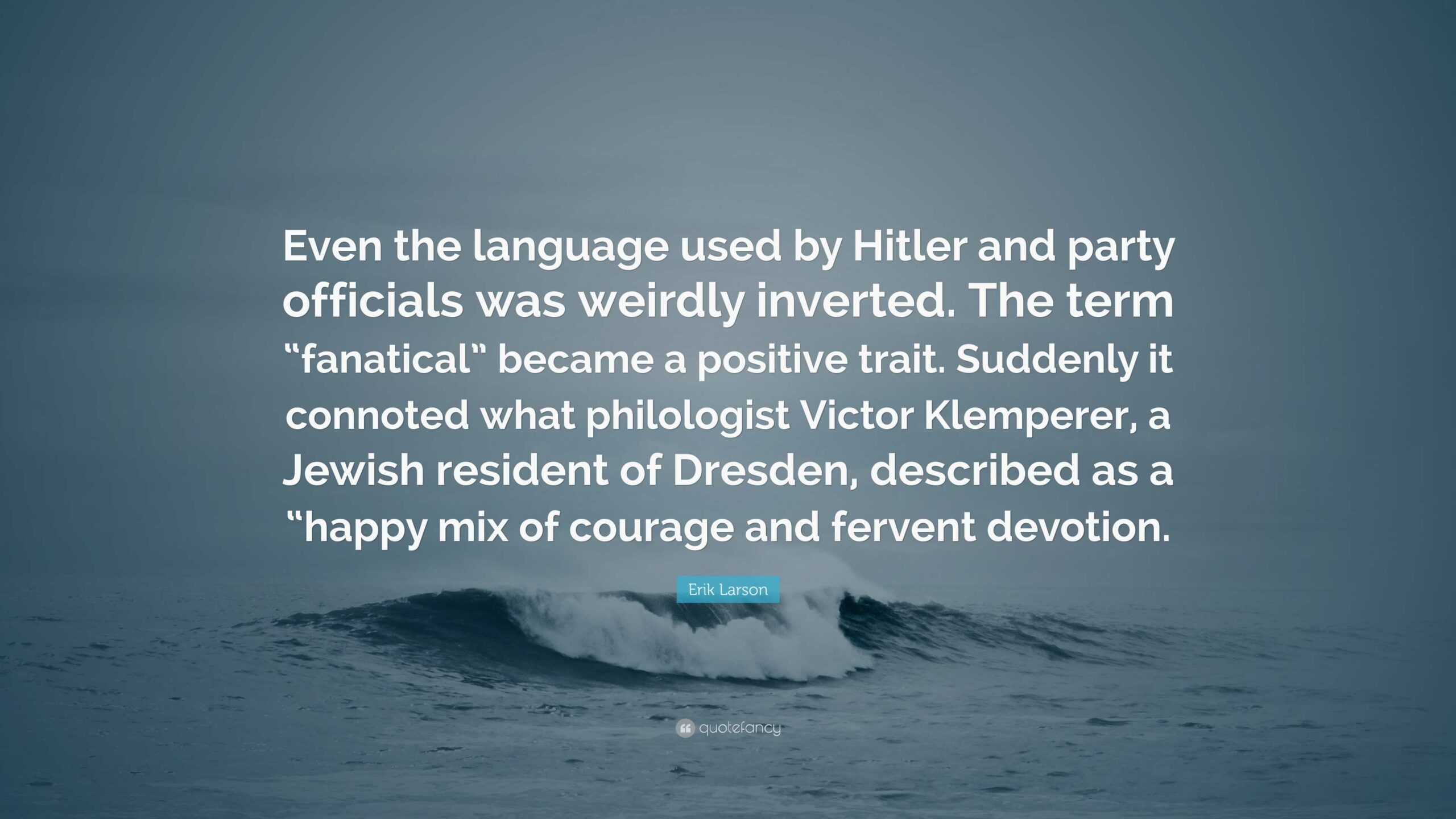Adolf Hitler’s name remains synonymous with tyranny and terror. While the horrors of the Holocaust and World War II are well-known, the why and how behind his ascent to absolute power demand deeper exploration. This article delves into the fanatical despotism of Adolf Hitler, analyzing the complex interplay of ideological convictions, political maneuvering, and societal vulnerabilities that propelled his rise and fueled his reign of terror.
The Genesis of a Tyrant: Ideology and Early Life
Hitler’s reign was not founded on rational policy but on a fanatical worldview steeped in racial supremacy and virulent antisemitism. This ideology, articulated in Mein Kampf, wasn’t merely a political stance; it was the bedrock of his existence, justifying his every action. Book burnings, for example, weren’t simply censorship; they were symbolic acts of intellectual annihilation, eradicating any challenge to his twisted doctrines. He demanded absolute obedience, suppressing dissent and fostering an echo chamber where only his pronouncements resonated. [https://www.lolaapp.com/instructors-who-might-greet-namaste]
Hitler’s difficult early life likely contributed to his extremist views. Poverty, rejection, and exposure to anti-Semitism in Vienna probably fueled his resentment and shaped his hateful ideology. Mein Kampf offers glimpses into these formative experiences and their warped influence. Historians continue to debate the precise interplay of personal trauma and societal influences, but the resulting toxicity is undeniable.
The Consolidation of Power: Manipulation and Terror
Post-World War I Germany, ravaged by defeat and economic collapse, provided fertile ground for Hitler’s poisonous ideology. He expertly exploited national anxieties, scapegoating minorities and promising a return to glory. This resonated powerfully with a demoralized populace yearning for stability and a sense of purpose. The Nazi propaganda machine, masterminded by Joseph Goebbels, amplified this message through rallies, films, and ubiquitous symbols, carefully constructing a cult of personality around Hitler.
1933 marked a turning point. The Reichstag fire, possibly orchestrated by the Nazis, provided the pretext for seizing absolute power. Hitler declared a state of emergency, suspended civil liberties, and unleashed a wave of repression, culminating in the Enabling Act, which granted him dictatorial authority. This act effectively dismantled the Weimar Republic and legally enshrined his totalitarian regime.
The SS and Gestapo, initially security forces, evolved into instruments of terror, silencing dissent through intimidation, arbitrary arrests, torture, and murder. Concentration camps, originally intended for political prisoners, became the horrific machinery of the Holocaust.
Manifestations of Despotism: Persecution and War
Hitler’s ideology wasn’t merely theoretical; it manifested in devastating policies. The Nuremberg Laws, rooted in his belief in racial purity, stripped Jews of their citizenship and rights, setting the stage for systematic persecution and ultimately, genocide.
Driven by his delusional vision of Lebensraum, Hitler embarked on aggressive expansionism, annexing Austria, invading Czechoslovakia, and ultimately igniting World War II. This pursuit of conquest, fueled by his fanatical ideology, led to the deaths of tens of millions. Even facing defeat, Hitler’s grip on power remained unshaken, demanding Germany fight to the bitter end.
The Core Tenets of Hitler’s Ideology: A Toxic Brew
Hitler’s ideology was a toxic blend of racial supremacy, antisemitism, and expansionism. He believed in the superiority of the “Aryan race,” which fueled his hatred of Jews and other minorities. This antisemitism became the justification for the Holocaust. His vision of Lebensraum drove his aggressive foreign policy and ultimately, World War II.
This ideology resonated within the context of Germany’s interwar Kulturkampf, offering a perverse sense of belonging and national purpose amidst post-war uncertainty. Hitler’s charisma and propaganda further amplified his message, attracting followers desperate for stability during the Weimar Republic’s fragility. Once in power, he brutally suppressed any opposition, creating a totalitarian state where his word was law.
Legacy and Unanswered Questions
Hitler’s fanatical despotism resulted in unimaginable devastation. The Holocaust remains a chilling testament to the dangers of unchecked hatred and prejudice. World War II, a consequence of his expansionist ambitions, caused widespread death and destruction.
Understanding the psychological roots of Hitler’s fanaticism remains a complex challenge. Was it narcissism, paranoia, or a confluence of factors? Comparing Hitler to other dictators like Stalin and Mussolini offers some insights, but his unique brand of fanaticism, intertwined with racial hatred, sets him apart.
The study of Hitler and Nazism is not merely about understanding the past; it’s about recognizing the enduring dangers of unchecked power, extremist ideologies, and the vital importance of safeguarding democratic values. Ongoing research continues to shed light on this dark chapter, reminding us of the fragility of freedom and the constant need for vigilance.
















